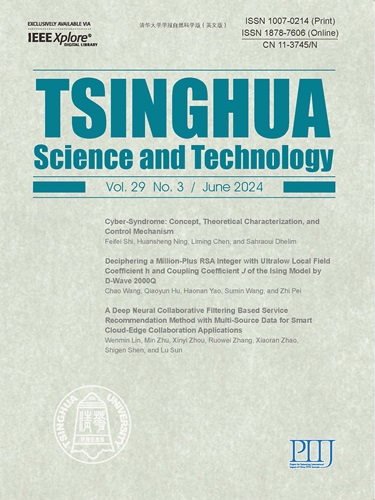Diffusion Models for Medical Image Computing: A Survey
IF 6.6
1区 计算机科学
Q1 Multidisciplinary
引用次数: 0
Abstract
Diffusion models are a type of generative deep learning model that can process medical images more efficiently than traditional generative models. They have been applied to several medical image computing tasks. This paper aims to help researchers understand the advancements of diffusion models in medical image computing. It begins by describing the fundamental principles, sampling methods, and architecture of diffusion models. Subsequently, it discusses the application of diffusion models in five medical image computing tasks: image generation, modality conversion, image segmentation, image denoising, and anomaly detection. Additionally, this paper conducts fine-tuning of a large model for image generation tasks and comparative experiments between diffusion models and traditional generative models across these five tasks. The evaluation of the fine-tuned large model shows its potential for clinical applications. Comparative experiments demonstrate that diffusion models have a distinct advantage in tasks related to image generation, modality conversion, and image denoising. However, they require further optimization in image segmentation and anomaly detection tasks to match the efficacy of traditional models. Our codes are publicly available at: https://github.com/hiahub/CodeForDiffusion.医学影像计算的扩散模型:调查
扩散模型是一种生成式深度学习模型,与传统生成式模型相比,它能更高效地处理医学图像。它们已被应用于多项医学图像计算任务。本文旨在帮助研究人员了解扩散模型在医学图像计算方面的进展。本文首先介绍了扩散模型的基本原理、采样方法和架构。随后,本文讨论了扩散模型在五项医学图像计算任务中的应用:图像生成、模式转换、图像分割、图像去噪和异常检测。此外,本文还针对图像生成任务对大型模型进行了微调,并在这五项任务中对扩散模型和传统生成模型进行了对比实验。对微调后的大型模型的评估显示了其在临床应用中的潜力。对比实验表明,扩散模型在与图像生成、模式转换和图像去噪相关的任务中具有明显优势。不过,它们在图像分割和异常检测任务中还需要进一步优化,才能达到传统模型的功效。我们的代码可在以下网址公开获取:https://github.com/hiahub/CodeForDiffusion。
本文章由计算机程序翻译,如有差异,请以英文原文为准。
求助全文
约1分钟内获得全文
求助全文
来源期刊

Tsinghua Science and Technology
COMPUTER SCIENCE, INFORMATION SYSTEMSCOMPU-COMPUTER SCIENCE, SOFTWARE ENGINEERING
CiteScore
10.20
自引率
10.60%
发文量
2340
期刊介绍:
Tsinghua Science and Technology (Tsinghua Sci Technol) started publication in 1996. It is an international academic journal sponsored by Tsinghua University and is published bimonthly. This journal aims at presenting the up-to-date scientific achievements in computer science, electronic engineering, and other IT fields. Contributions all over the world are welcome.
 求助内容:
求助内容: 应助结果提醒方式:
应助结果提醒方式:


